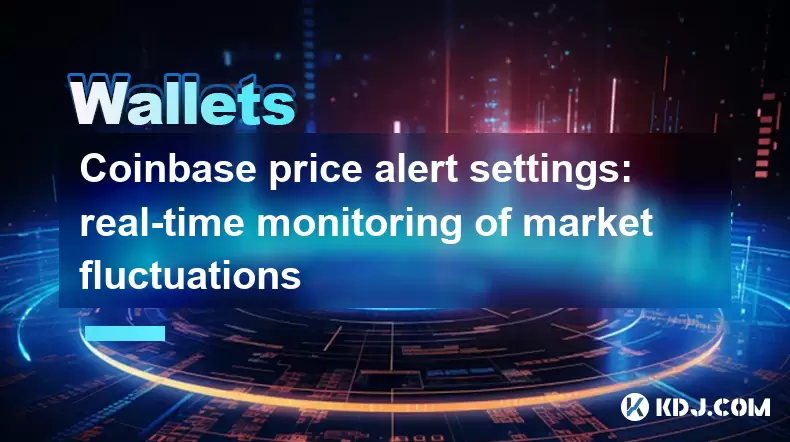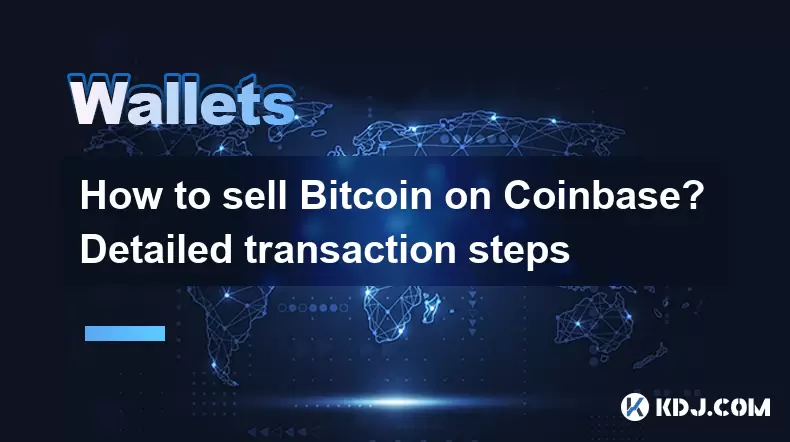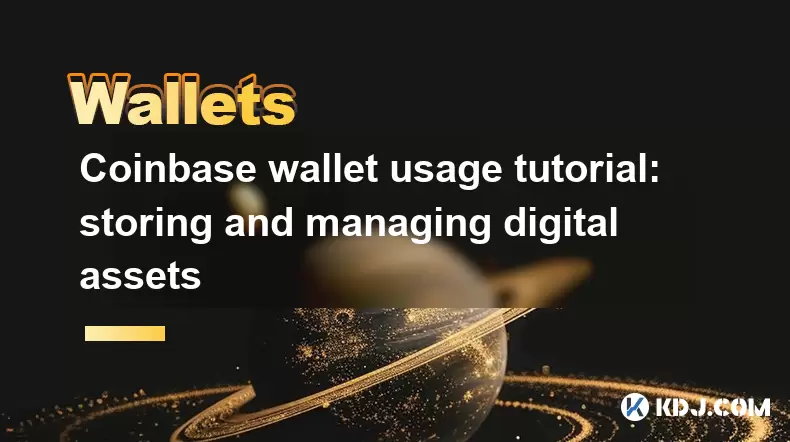-
 Bitcoin
Bitcoin $107,341.7259
0.15% -
 Ethereum
Ethereum $2,438.6204
0.70% -
 Tether USDt
Tether USDt $1.0003
-0.02% -
 XRP
XRP $2.1866
1.94% -
 BNB
BNB $649.0952
0.36% -
 Solana
Solana $150.9602
5.63% -
 USDC
USDC $0.9999
0.00% -
 TRON
TRON $0.2742
0.40% -
 Dogecoin
Dogecoin $0.1645
1.93% -
 Cardano
Cardano $0.5669
1.18% -
 Hyperliquid
Hyperliquid $37.8286
4.19% -
 Bitcoin Cash
Bitcoin Cash $491.4669
-2.74% -
 Sui
Sui $2.8150
3.06% -
 Chainlink
Chainlink $13.4184
2.91% -
 UNUS SED LEO
UNUS SED LEO $9.0809
0.27% -
 Avalanche
Avalanche $18.0295
2.60% -
 Stellar
Stellar $0.2396
1.19% -
 Toncoin
Toncoin $2.8587
0.13% -
 Shiba Inu
Shiba Inu $0.0...01160
2.59% -
 Litecoin
Litecoin $86.4192
1.45% -
 Hedera
Hedera $0.1486
1.19% -
 Monero
Monero $308.4324
0.87% -
 Polkadot
Polkadot $3.4202
1.43% -
 Bitget Token
Bitget Token $4.6436
-0.34% -
 Dai
Dai $0.9998
-0.02% -
 Ethena USDe
Ethena USDe $1.0002
0.00% -
 Uniswap
Uniswap $7.1527
3.29% -
 Pi
Pi $0.5357
-8.45% -
 Pepe
Pepe $0.0...09588
4.61% -
 Aave
Aave $259.9759
0.81%
How to create and backup a Bitcoin wallet address
A Bitcoin wallet stores private keys, not Bitcoins; these keys prove ownership of public addresses where you receive Bitcoin. Keep keys secure!
Apr 01, 2025 at 04:56 pm

Understanding Bitcoin Wallet Addresses
A Bitcoin wallet doesn't actually store your Bitcoins. Instead, it stores your private keys, which are cryptographic codes that prove your ownership of specific Bitcoin addresses. These addresses are like your bank account numbers – public identifiers where you can receive Bitcoin. It's crucial to understand the distinction between your private keys (which must be kept secret) and your public addresses (which can be shared freely). Losing your private keys means losing access to your Bitcoins.
Choosing a Wallet Type
Several types of Bitcoin wallets cater to different needs and levels of technical expertise. Hardware wallets offer the highest level of security, storing your private keys offline on a dedicated device. Software wallets, available as desktop applications or mobile apps, provide convenient access but require careful security practices. Web wallets, accessed through a browser, are the least secure option, as your keys are held by a third party. Consider your security needs and technical skills when choosing.
Creating a Bitcoin Wallet Address: Hardware Wallet Example
Let's illustrate with a hardware wallet, like Ledger or Trezor. The process varies slightly depending on the specific device.
- Unbox your hardware wallet and connect it to your computer.
- Follow the on-screen instructions to set up your device and create a PIN. This PIN is crucial for accessing your wallet.
- The device will generate a seed phrase – a list of 12-24 words. This seed phrase is your master key. Write it down on paper, store it securely offline, and never share it with anyone.
- Your hardware wallet will then display your Bitcoin addresses. You can use these addresses to receive Bitcoin.
Creating a Bitcoin Wallet Address: Software Wallet Example
Software wallets, like Electrum or Exodus, offer a slightly different approach.
- Download and install the chosen software wallet on your computer or mobile device.
- Follow the on-screen instructions to set up your wallet. This often involves creating a strong password.
- The wallet will generate a new Bitcoin address for you. You'll typically have the option to generate multiple addresses.
- Some software wallets also generate a seed phrase or private key file. Back this up carefully and securely, following the wallet's specific instructions.
Creating a Bitcoin Wallet Address: Web Wallet Example
Web wallets are generally simpler to set up but inherently less secure.
- Create an account with your chosen web wallet provider.
- Follow the provider's instructions to set up your account. This usually involves creating a username and password.
- The web wallet will generate a Bitcoin address for you.
- Remember that your private keys are managed by the web wallet provider. Choose a reputable provider with a strong security record.
Backing Up Your Bitcoin Wallet
Backing up your wallet is paramount to protecting your Bitcoins. The method depends on your wallet type.
- Hardware Wallet: The most critical backup is your seed phrase. Keep it in a safe, offline location.
- Software Wallet: Back up your seed phrase or private key file, depending on the wallet. Consider using multiple backup methods, such as writing it down and storing it in a secure digital location.
- Web Wallet: While you don't directly manage private keys, secure your account credentials. Enable two-factor authentication for enhanced security. Note that recovery options vary widely depending on the provider.
Understanding Private Keys and Security
Your private keys are the most important aspect of your Bitcoin wallet security. Never share your private keys with anyone, and never store them digitally in an insecure location. Compromising your private keys means losing access to your Bitcoins. Choose strong passwords and enable two-factor authentication wherever possible. Regularly update your wallet software to benefit from security patches.
Choosing a Secure Location for Your Backup
Consider using a fireproof and waterproof safe for physical backups of your seed phrases. For digital backups, encrypt the files and store them on multiple secure drives, ideally in different physical locations. Consider using a password manager to securely store your wallet passwords.
Frequently Asked Questions
Q: What is a Bitcoin wallet address?
A: A Bitcoin wallet address is a public identifier, like a bank account number, where you can receive Bitcoin. It's different from your private key, which proves your ownership.
Q: How many Bitcoin wallet addresses can I have?
A: Most wallets allow you to generate multiple Bitcoin addresses. This enhances privacy and security.
Q: What happens if I lose my private key?
A: If you lose your private key, you lose access to the Bitcoins associated with that address. There's no way to recover them.
Q: Is a web wallet safe?
A: Web wallets are generally less secure than hardware or software wallets because your private keys are held by a third party. Choose a reputable provider with strong security measures.
Q: What is a seed phrase?
A: A seed phrase is a list of words that acts as a master key to your wallet. It allows you to recover your wallet if you lose access. Keep it safe and secret.
Q: How often should I back up my wallet?
A: Back up your wallet immediately after creating it, and regularly thereafter. The frequency depends on your risk tolerance, but at least annually is recommended.
Disclaimer:info@kdj.com
The information provided is not trading advice. kdj.com does not assume any responsibility for any investments made based on the information provided in this article. Cryptocurrencies are highly volatile and it is highly recommended that you invest with caution after thorough research!
If you believe that the content used on this website infringes your copyright, please contact us immediately (info@kdj.com) and we will delete it promptly.
- Ruvi AI: The Audited Token Primed to Lead the Bull Run, Outshining Competitors
- 2025-06-29 06:30:13
- Ruvi AI: The Smart Shiba Inu? Token Rally Potential Examined
- 2025-06-29 06:30:13
- Bitcoin, AI Tokens, and Ruvi AI: What's the Deal?
- 2025-06-29 06:50:12
- Cryptos with Real-World Utility and Growth Potential: Qubetics and Beyond
- 2025-06-29 06:35:13
- Ruvi AI, Dogecoin, and ROI: Decoding the Crypto Hype
- 2025-06-29 07:12:05
- Unstaked vs. Dogecoin & Ethereum: The Next Big Crypto Opportunity?
- 2025-06-29 07:15:12
Related knowledge

Coinbase price alert settings: real-time monitoring of market fluctuations
Jun 29,2025 at 07:00am
Setting Up Coinbase Price AlertsTo begin real-time monitoring of market fluctuations on Coinbase, users can utilize the built-in price alert feature. This function allows you to receive notifications when a cryptocurrency reaches a specific price point. To access this setting, open the Coinbase app or log in via the web platform. Navigate to the 'Prices...

How to stake cryptocurrencies on Coinbase? Benefits and risks
Jun 27,2025 at 06:36pm
Understanding Cryptocurrency Staking on CoinbaseStaking cryptocurrencies involves locking up digital assets to support the operations of a blockchain network, typically in return for rewards. Coinbase, one of the most popular cryptocurrency exchanges globally, offers staking services for several proof-of-stake (PoS) coins. Users can stake their holdings...

How to contact Coinbase customer service? Support channels and response times
Jun 28,2025 at 01:29pm
Contacting Coinbase Customer Service: Support Channels and Response TimesIf you're a user of Coinbase, reaching their customer service team may become necessary for various reasons, such as account verification issues, transaction disputes, or technical difficulties. Understanding the different support channels available and what to expect in terms of r...

Coinbase advanced trading function usage tutorial: limit orders and market orders
Jun 28,2025 at 09:07pm
Understanding the Difference Between Limit Orders and Market OrdersWhen using Coinbase's advanced trading features, it is crucial to understand the fundamental difference between limit orders and market orders. A market order executes immediately at the best available price on the market. This type of order ensures that your trade goes through quickly, ...

How to sell Bitcoin on Coinbase? Detailed transaction steps
Jun 29,2025 at 04:22am
Setting Up Your Coinbase Account for TransactionsBefore you can sell Bitcoin on Coinbase, you must ensure your account is fully set up and verified. Coinbase requires identity verification to comply with regulatory standards. This process involves uploading a government-issued ID, confirming your address, and sometimes submitting a selfie holding the ID...

Coinbase wallet usage tutorial: storing and managing digital assets
Jun 29,2025 at 04:28am
Setting Up Your Coinbase WalletTo begin using the Coinbase wallet, you must first download and install the application. The Coinbase wallet is available on both iOS and Android platforms, making it accessible to a wide range of users. Once downloaded, open the app and select the option to create a new wallet. This process will prompt you to set up a sec...

Coinbase price alert settings: real-time monitoring of market fluctuations
Jun 29,2025 at 07:00am
Setting Up Coinbase Price AlertsTo begin real-time monitoring of market fluctuations on Coinbase, users can utilize the built-in price alert feature. This function allows you to receive notifications when a cryptocurrency reaches a specific price point. To access this setting, open the Coinbase app or log in via the web platform. Navigate to the 'Prices...

How to stake cryptocurrencies on Coinbase? Benefits and risks
Jun 27,2025 at 06:36pm
Understanding Cryptocurrency Staking on CoinbaseStaking cryptocurrencies involves locking up digital assets to support the operations of a blockchain network, typically in return for rewards. Coinbase, one of the most popular cryptocurrency exchanges globally, offers staking services for several proof-of-stake (PoS) coins. Users can stake their holdings...

How to contact Coinbase customer service? Support channels and response times
Jun 28,2025 at 01:29pm
Contacting Coinbase Customer Service: Support Channels and Response TimesIf you're a user of Coinbase, reaching their customer service team may become necessary for various reasons, such as account verification issues, transaction disputes, or technical difficulties. Understanding the different support channels available and what to expect in terms of r...

Coinbase advanced trading function usage tutorial: limit orders and market orders
Jun 28,2025 at 09:07pm
Understanding the Difference Between Limit Orders and Market OrdersWhen using Coinbase's advanced trading features, it is crucial to understand the fundamental difference between limit orders and market orders. A market order executes immediately at the best available price on the market. This type of order ensures that your trade goes through quickly, ...

How to sell Bitcoin on Coinbase? Detailed transaction steps
Jun 29,2025 at 04:22am
Setting Up Your Coinbase Account for TransactionsBefore you can sell Bitcoin on Coinbase, you must ensure your account is fully set up and verified. Coinbase requires identity verification to comply with regulatory standards. This process involves uploading a government-issued ID, confirming your address, and sometimes submitting a selfie holding the ID...

Coinbase wallet usage tutorial: storing and managing digital assets
Jun 29,2025 at 04:28am
Setting Up Your Coinbase WalletTo begin using the Coinbase wallet, you must first download and install the application. The Coinbase wallet is available on both iOS and Android platforms, making it accessible to a wide range of users. Once downloaded, open the app and select the option to create a new wallet. This process will prompt you to set up a sec...
See all articles

























































































